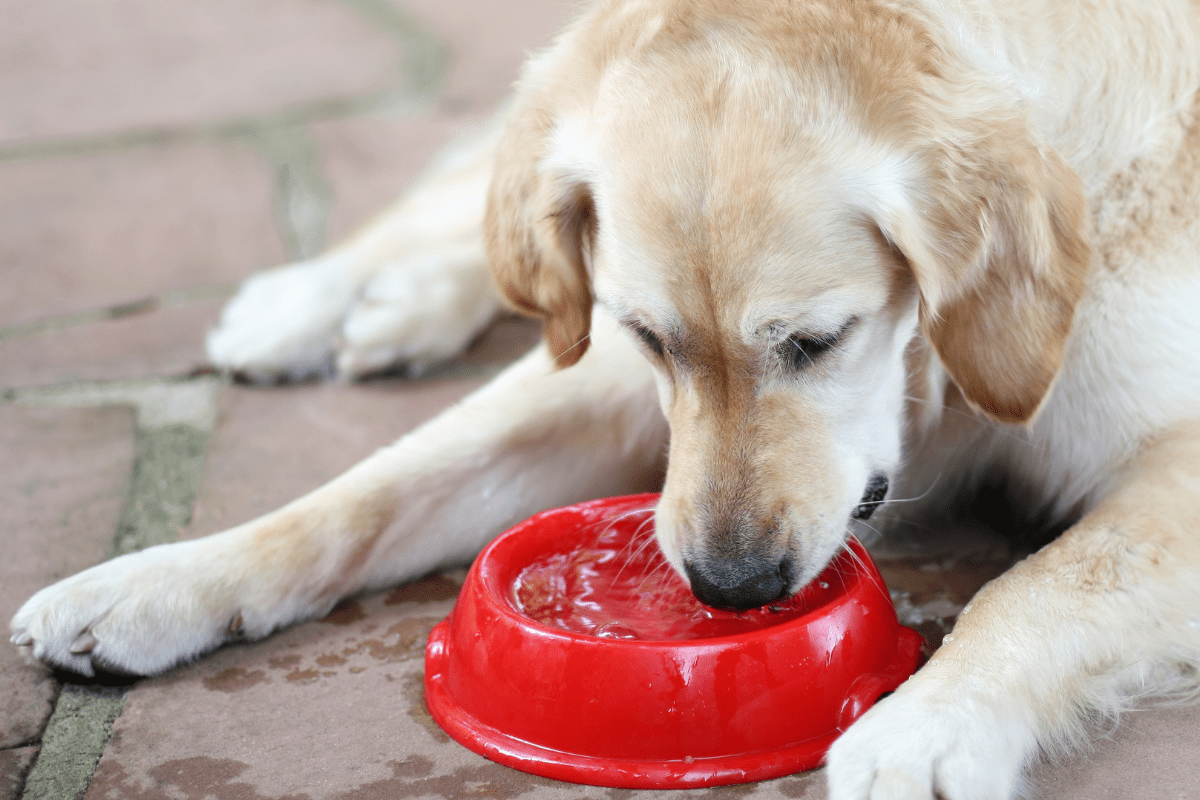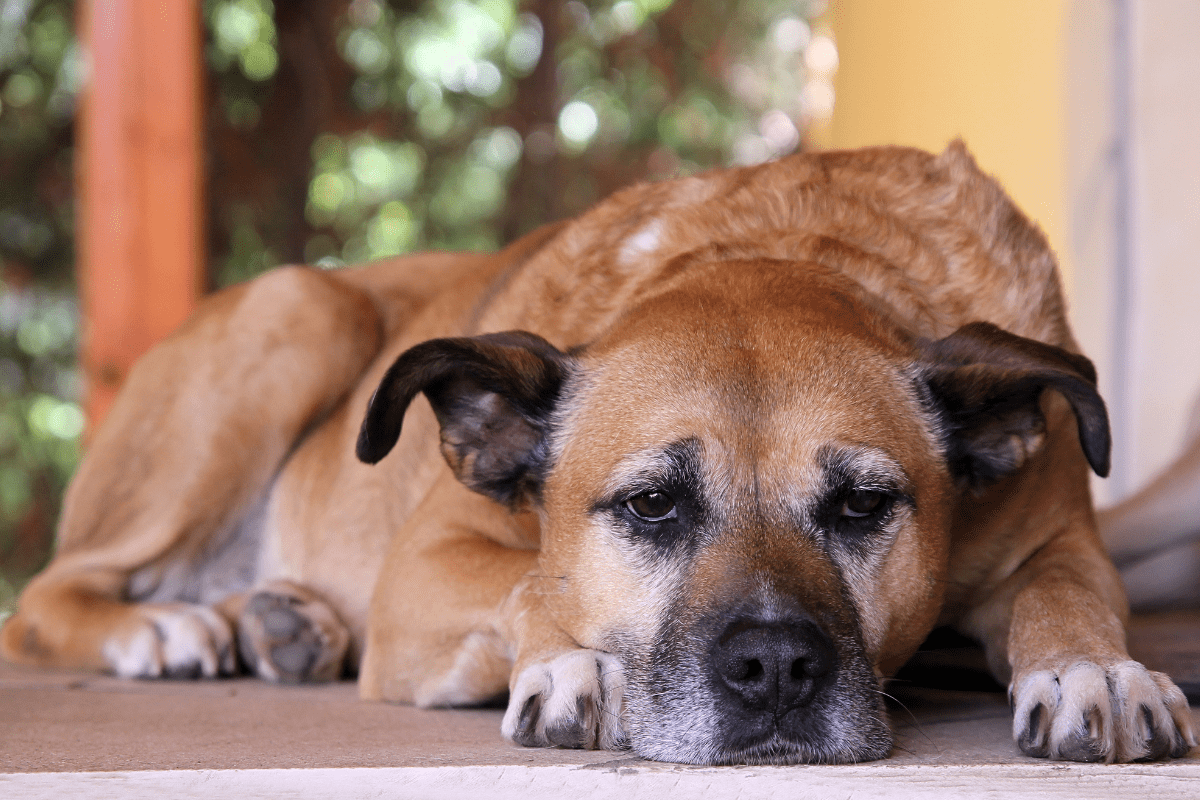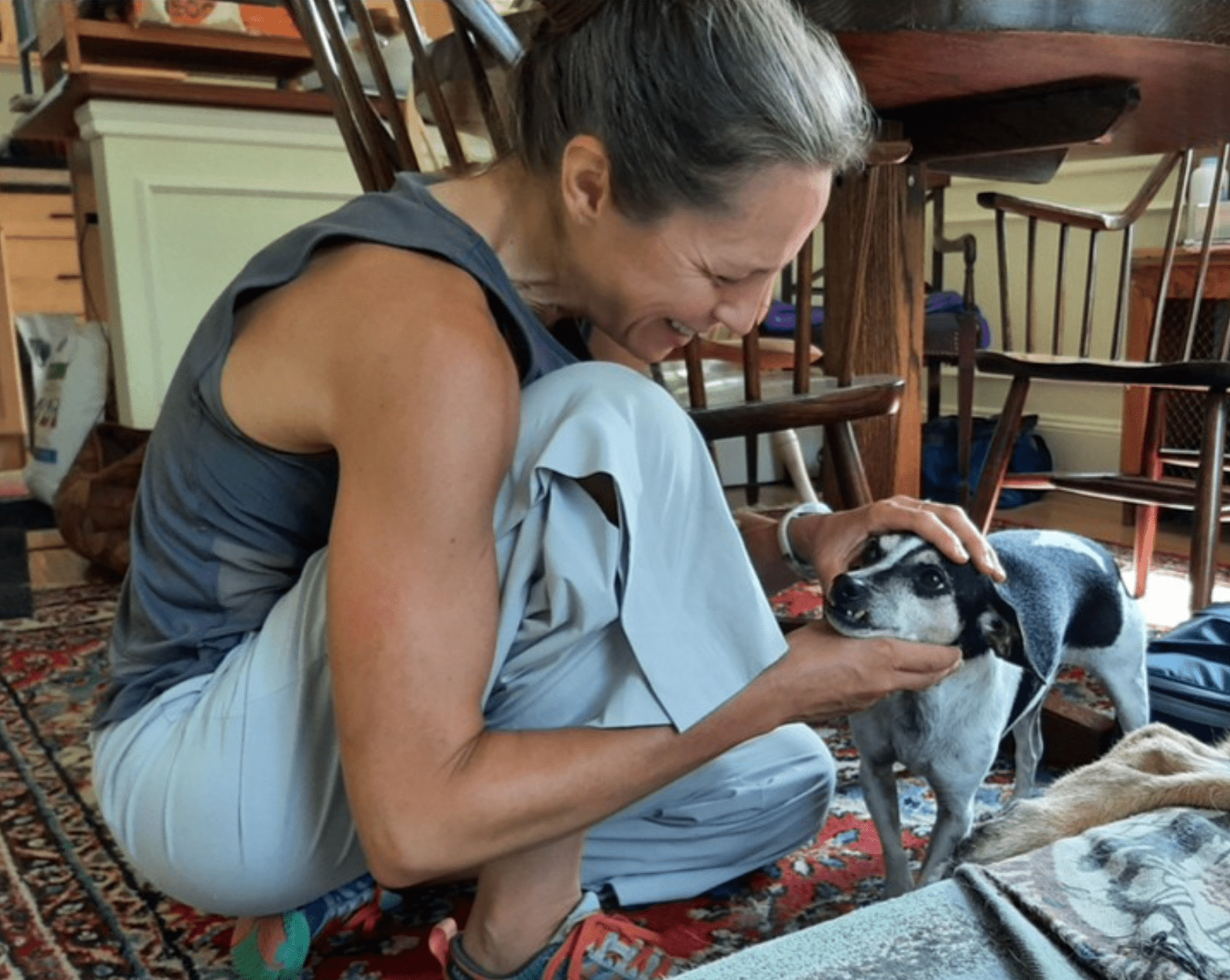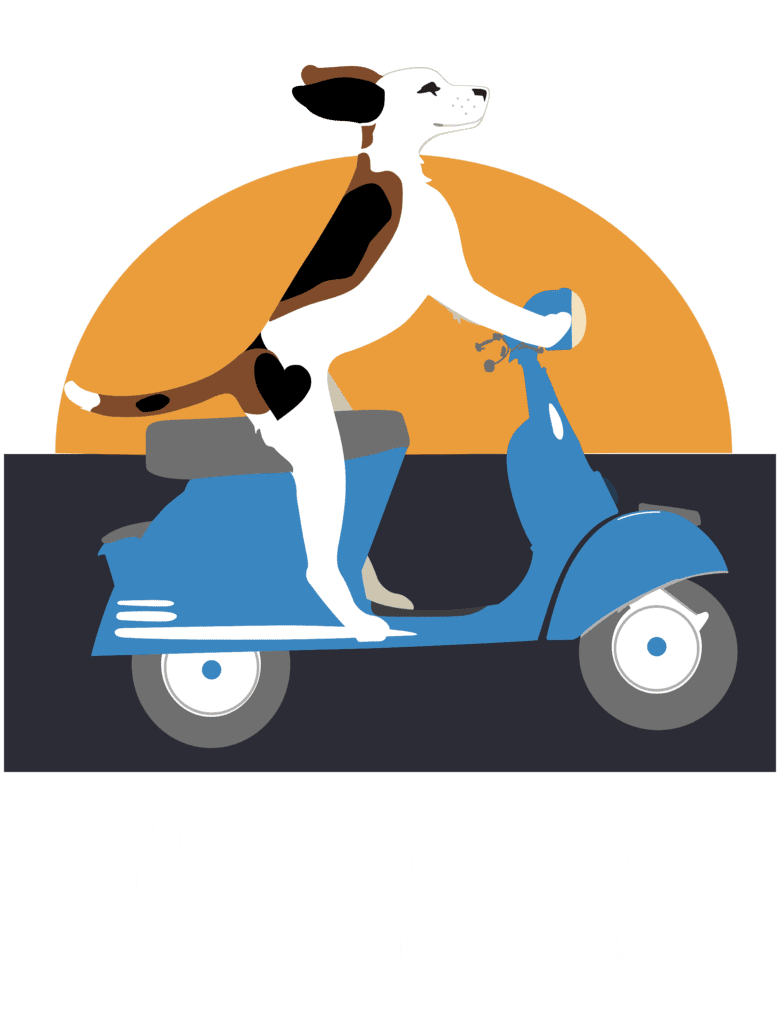The Importance of Assessing Your Dog’s Quality of Life
As your dog ages or faces health challenges, paying attention to their daily activities and behaviors can be especially important. Quality of life can change slowly or quickly depending on your pet and their condition, so assessing how they’re doing is critical since they can’t communicate what they need directly.
By assessing quality of life routinely, you can work with your vet to continue some of your pet’s favorite activities, ensure adequate pain control, and provide the life care your pet relies on you for.
Below are some common situations pet caregivers often face during later life stages and what to look for in your pet.
Serious Medical Conditions
Serious medical conditions often arise as your pet ages, and even sometimes when they are younger. These commonly include a cancer diagnosis, dementia, and arthritis. These conditions can cause limited mobility, pain, and the need for palliative care to support their daily life.
Caring for serious medical conditions or emergencies your pet may face is a personal decision that requires you to decide the best treatment options and compare them with your pet’s current condition and quality of life. At Metrovet, we can help you navigate the best treatment plan that considers the impact on both you and your pet.
If you’re not sure where to start, we recommend monitoring daily activities that support acceptable quality of life, like those below:
Decreased or Increased Thirst

If your dog stops drinking normally, their quality of life might be changing. A reduced fluid intake can cause dehydration which may complicate your pet’s health. Alternatively, if your dog suddenly can’t get enough water, they may be dealing with an underlying condition like infection, kidney disease, or diabetes. Either way, a change in water intake should be discussed with your vet.
Decreased Appetite
If you notice that your dog is not eating as much as they used to or doesn’t seem as interested in food, it may be time for a wellness exam. A decrease in diet may result from a problem that could easily be addressed, like pain from poor dental health. It can also indicate something more serious, especially when accompanied by other symptoms such as lethargy or vomiting.
Changes in Mobility

Seeing your once active dog struggle to move easily can be difficult. Mobility is a critical piece of a good quality of life which is why you should discuss changes with your vet. Stiffness, limping, or the inability to walk short distances is often caused by arthritis or injury. By discussing the symptoms with your vet, you may be able to increase your pet’s quality of life with medications that support joint health, inflammation, and pain relief.
Abnormal Breathing
Your pet’s breathing ability can change as they age and is something to be conscious of as you assess a quality life for your dog. Panting and shortness of breath are common with older dogs but can indicate pain or a serious condition. In addition to watching for abnormal breathing, be sure not to overexert your dog and always keep plenty of fresh water accessible.
If your pet does develop a severe medical condition, the team at Metrovet is here to help.
Contact us if you have questions about your beloved companions’ symptoms, diagnosis, or treatment options. Our care staff understands the complex challenges of navigating medical issues for your pet while also supporting you.
Navigating Care Issues For Your Dog
Below are some of the most common ways a serious medical condition can impact your pet’s quality of life.

Daily Medicine
As most pets age, daily medicine can become an everyday need. Medications can help maintain care for pets by managing common factors like pain, inflammation, confusion, and mobility. At Metrovet, we understand that it’s critical to balance recommended medications with considerations like how easily you can administer medication to your pet, their ability to tolerate it, any short-term or long-term complications, costs, and more.
Specialized Care
Specialized care may mean additional support from experts beyond your primary veterinarian team. At Metrovet, we work with specialists throughout the Boston area to ensure the best care, regardless of what your pet is facing. For animal caregivers, specialized care may require additional veterinary trips and costs, which can be balanced with your pet’s comfort and expected benefits from the extra support.
Deteriorated Hearing or Sight
Just like humans, our pets may lose the ability to see and hear as well as they did in their younger years. While most pets can adapt to these changes over time, it may impact normal family activities and how you interact with your pet daily. For hearing loss, support your dog by gently waking them up and using a soft touch to help them know what you’re asking (such as moving to another room or going on a walk). If your dog loses their sight, it’s best to avoid moving furniture or making changes that may cause confusion or make navigating the house difficult. You can also ensure your pet has a safe space out of the way to rest when needed.
Cancer Diagnosis and Treatment
A cancer diagnosis can be devastating for any pet owner, regardless of age or condition. Treatment options may be available, depending on the diagnosis. These treatments often fall under specialized care and include things like chemotherapy and radiation. Sometimes, integrating pain medications with supportive care may be the best decision for your family. Our team will help you navigate this difficult time regardless of what you decide.
Behavioral Changes
Sometimes, you may notice behavioral changes in your pet that don’t make sense. These changes can include anything from aggression to isolation. Talk with your vet if you notice behavioral changes. They may be something that can be resolved by managing debilitating pains or identifying a health condition that is causing your pet distress.
At Metrovet, we understand that loving a pet means navigating all stages of life, including the most difficult ones. Our goal is to provide a wide range of services and work with you to provide an assessment of health, regardless of age, so you can make informed decisions that help your dog have the best quality of life possible.
Click here to talk with our team or schedule an appointment for your pet today. You can also use our resource with questions to ask a vet if you aren’t sure where to start.
Frequently Asked Questions
What does QoL mean for a vet?
QoL stands for quality of life and is a way for vets to assess your pet and make informed treatment recommendations. At Metrovet, our goal is to ensure the best care for your dog, which includes an assessment process to guide how we manage their quality of life.
How do you judge the quality of life of an old dog?
We recommend monitoring your pet’s health routinely as they age. Look for changes in eating, drinking, behavior, mobility, etc. If you suspect changes in your dog’s quality of life, talk with your vet to ensure they have the best supportive care to keep them comfortable.
When should you euthanize an old dog?
Deciding to euthanize your dog is extremely personal and difficult. We often help our clients make this decision based on their dog’s quality of life. Chronic pain that can no longer be controlled by medication or the inability to eat, drink, or move around can also be indicators that it may be time to let your dog go. If you think it may be time to discuss euthanasia, please contact our care staff to ask questions and help you navigate this difficult decision.
How can I help my dog pass away peacefully?
Euthanasia is a difficult decision that can help your dog pass away peacefully. If you would like to discuss this process with our care staff, please call us anytime at 857-201-3069.

